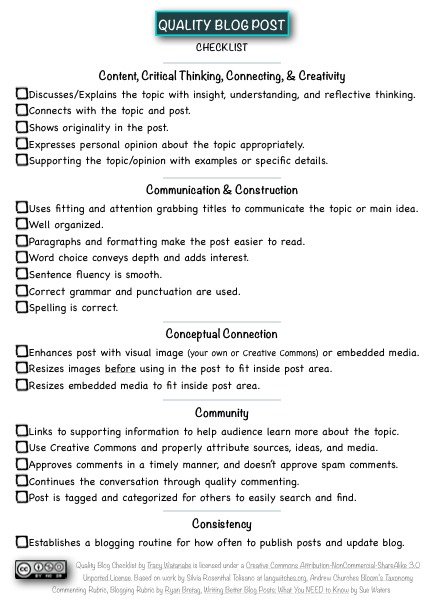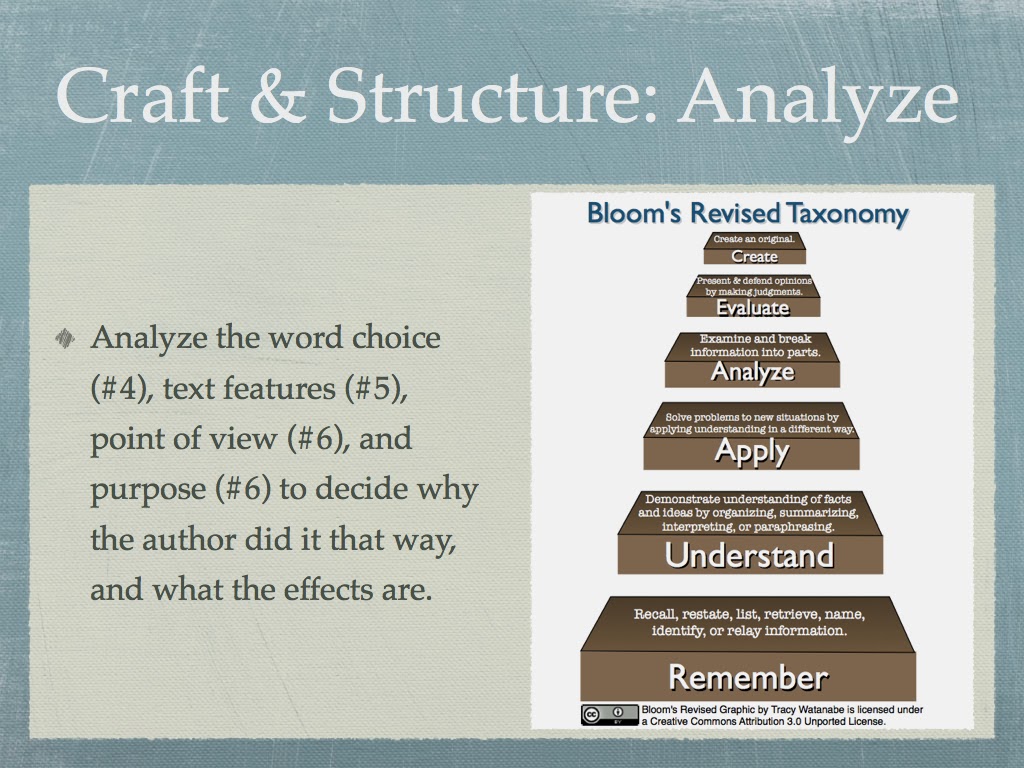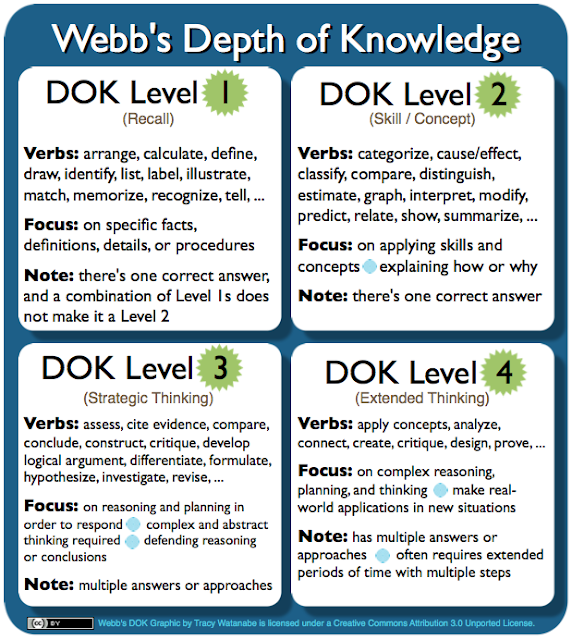What does it mean to be literate in the 21st century?
We are in an information revolution. It's changing and disrupting how things are done, and requires new skills to be successful. Therefore, it impacts what it means to be literate, moving beyond reading and writing and into information and digital literacies.
New literacies
Today, students need to be taught information and research fluency, along with digital citizenship and technology operations and concepts.
- Click here to view the above video in PowToon.
- Click here to learn more from researchers Leu, Coiro, et. al.
Even if students are "digital natives" it does not mean they know online information skills such as vetting valid and reliable sources. Students must be taught the new literacies.
Literacy is not optional, and teaching students how to search, organize, evaluate, synthesize, and share information, is part of learning in the 21st century.
- What do you think it means to be literate in the 21st century?
- How do new literacies change the learning environment?
- How else does this post connect with you?




Hi Tracy,
ReplyDeleteAs usual and excellent, thought-provoking post!
The term "digital natives" is often used to describe the students who have been born with ready access to technology. However, I have witnessed first hand (with my own children) that they need explicit instruction.
As teachers we definitely need to shift our thinking and instruction. Even now we are giving "online assessments" which requires a different set of skills to achieve success. In the beginning of the year students would rush through these assessments and not do as well as they might had they had paper and pencil. Instruction had to be given on "how" to complete these - reading carefully, taking notes, highlighting information, writing to solving math problems and definitely taking time to review the work.
I agree with you that we are moving beyond just reading and writing literacy. How lucky are students who have so many options of sharing the information they analyze and synthesize (as you have done with your Powtoon & Poster!).
Thank you for the wonderful resources!
Hi Nancy,
DeleteYou bring up a great point that students born in the Information Age (AKA "digital natives") means they have more models for using technology in their daily lives -- which for a majority is for entertainment purposes. Many times they might not be aware of their digital footprint, nor are they aware of how to use the technologies for information and research literacy. It's one of those shifts that need to be embedded in our day, as part of the learning... Which means that ongoing learning and support of and for colleagues/educators need to be built in... Also, I agree with you that we are lucky to live in this age with all of these options.
As usual, thank you for the quality comment!
Kind regards,
Tracy
I appreciate the way you have approached "new literacies" as something that really does build upon the literacies that come before. The radical departure comes not when you look at the difference between looking at video vs. a novel as text, but rather in the way that we think about information as something that is ever changing.
ReplyDeleteI liked your point about the way in which the "purpose" of information (and finding it) changes when you can search for anything you might need. We stop thinking about "reading everything you can on a subject" or choosing the "1 book we have access to". These are literacies of scarcity. The new literacies are about abundance and overload. They are about synthesizing information and creating something new to add to the conversation.
New literacies (for me, at least) include:
1. Owning and managing your data and digital footprint
2. Engaging in online dialogue to further understand curriculum
3. Aggregation and curation of information for a specific purpose
4. Creating and using video for learning outcomes
5. Creating and engaging in a learning network (actually connecting with other people and not just following them)
P.S. This comment is a part of the #C4C15 project. Find out more here: http://learningischange.com/blog/2014/12/27/c4c15/
Hi Ben,
DeleteThanks for the quality comment. I absolutely agree that we live in an age of information overload and curation is exceptionally important; yet some try to approach the abundance with the same techniques they used for scarcity.
I've been mulling over your #C4C15 project and want to give it a try. Thanks for leaving a quality comment and inspiring others.
Kind regards,
Tracy